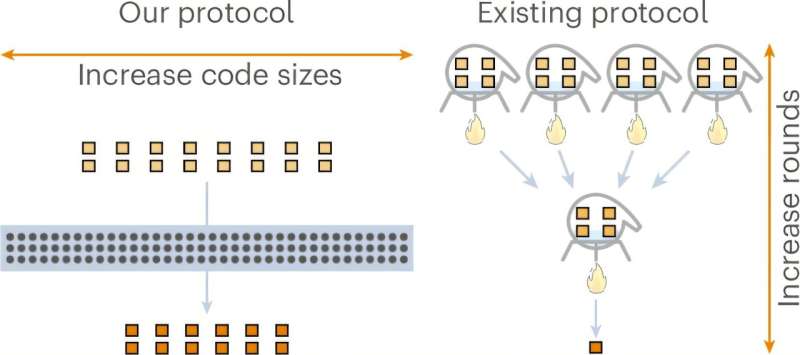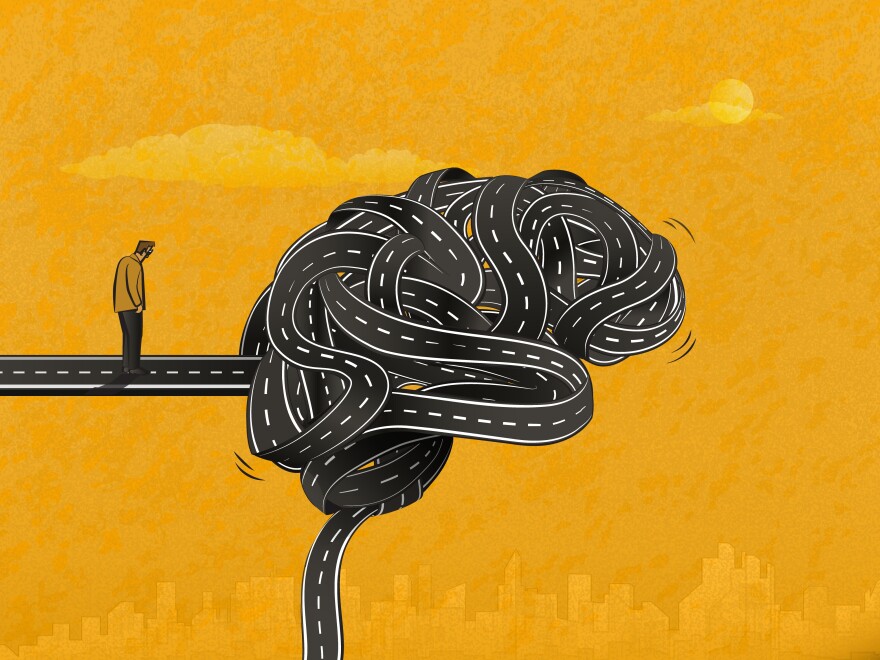Young people are increasingly exposed to misleading information on social media platforms, making them particularly vulnerable to digital misinformation. A new perspective paper led by developmental psychologist Ili Ma highlights the unique strengths adolescents possess that can be harnessed to build resilience against such misinformation. This research provides actionable insights for scientists, educators, parents, and policy makers.
The prevalence of misinformation has grown significantly in recent years, posing challenges for young individuals who often rely on social media for news and information. According to a study published in 2023, approximately 70 percent of adolescents reported encountering false information online, which can lead to confusion and mistrust.
Harnessing Developmental Strengths
The perspective paper emphasizes that adolescents have cognitive and emotional capabilities that can be leveraged to combat misinformation. Ili Ma and her team argue that fostering critical thinking and media literacy skills is essential. By implementing educational programs that focus on these areas, schools can help students discern credible sources from unreliable ones.
Research indicates that adolescents are particularly adept at recognizing patterns and making connections. These skills can be developed further through targeted interventions. For instance, workshops and curricula designed to promote analytical thinking can empower young people to question the authenticity of the information they consume.
Additionally, the paper underscores the role of social networks. Adolescents often turn to peers for information, which can both amplify and mitigate the effects of misinformation. By encouraging open discussions about digital content among friends, young people can reinforce each other’s critical thinking skills and foster a culture of inquiry.
Collaboration Among Stakeholders
Effective strategies require collaboration among various stakeholders, including parents, educators, and policy makers. The perspective paper suggests that parents play a crucial role in guiding their children through the online landscape. Engaging in conversations about media consumption can enhance a child’s ability to navigate misinformation.
Schools are also pivotal in this effort. By integrating media literacy into the curriculum, educators can equip students with the necessary tools to critically evaluate digital content. The paper advocates for the inclusion of comprehensive media literacy programs that address not only misinformation but also the emotional impact of consuming false information.
Policy makers have a responsibility to create an environment that supports these educational initiatives. This can be achieved by funding programs that promote digital literacy in schools and advocating for regulations that hold social media companies accountable for the spread of misinformation.
The insights from Ili Ma and her colleagues provide a roadmap for fostering resilience among adolescents in the face of digital misinformation. By leveraging their inherent strengths and creating supportive frameworks, society can empower young people to become discerning consumers of information.
As misinformation continues to evolve and spread, it is essential to prioritize the development of critical skills in young people. The strategies outlined in this perspective paper not only aim to protect adolescents but also contribute to a more informed and resilient society overall.







